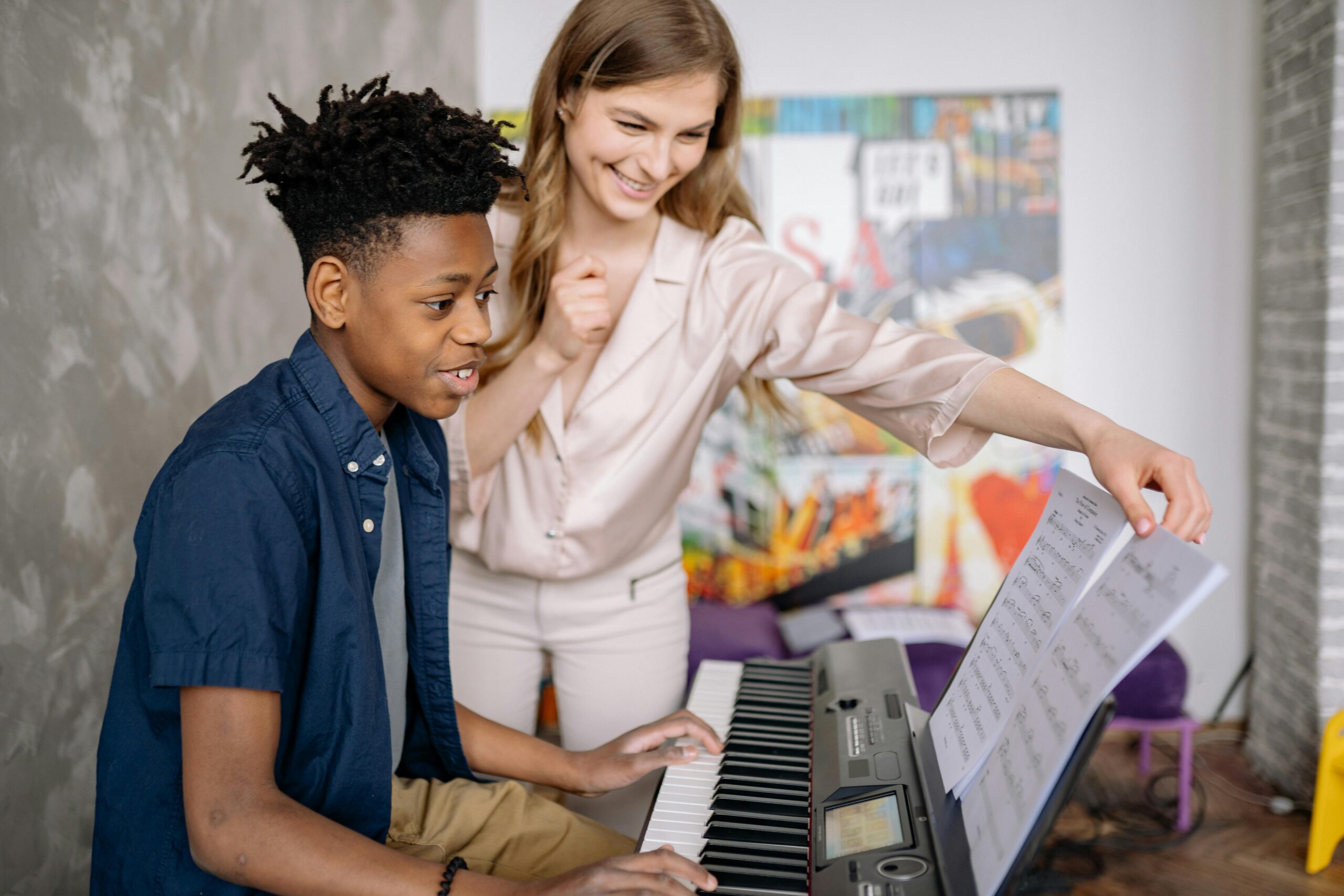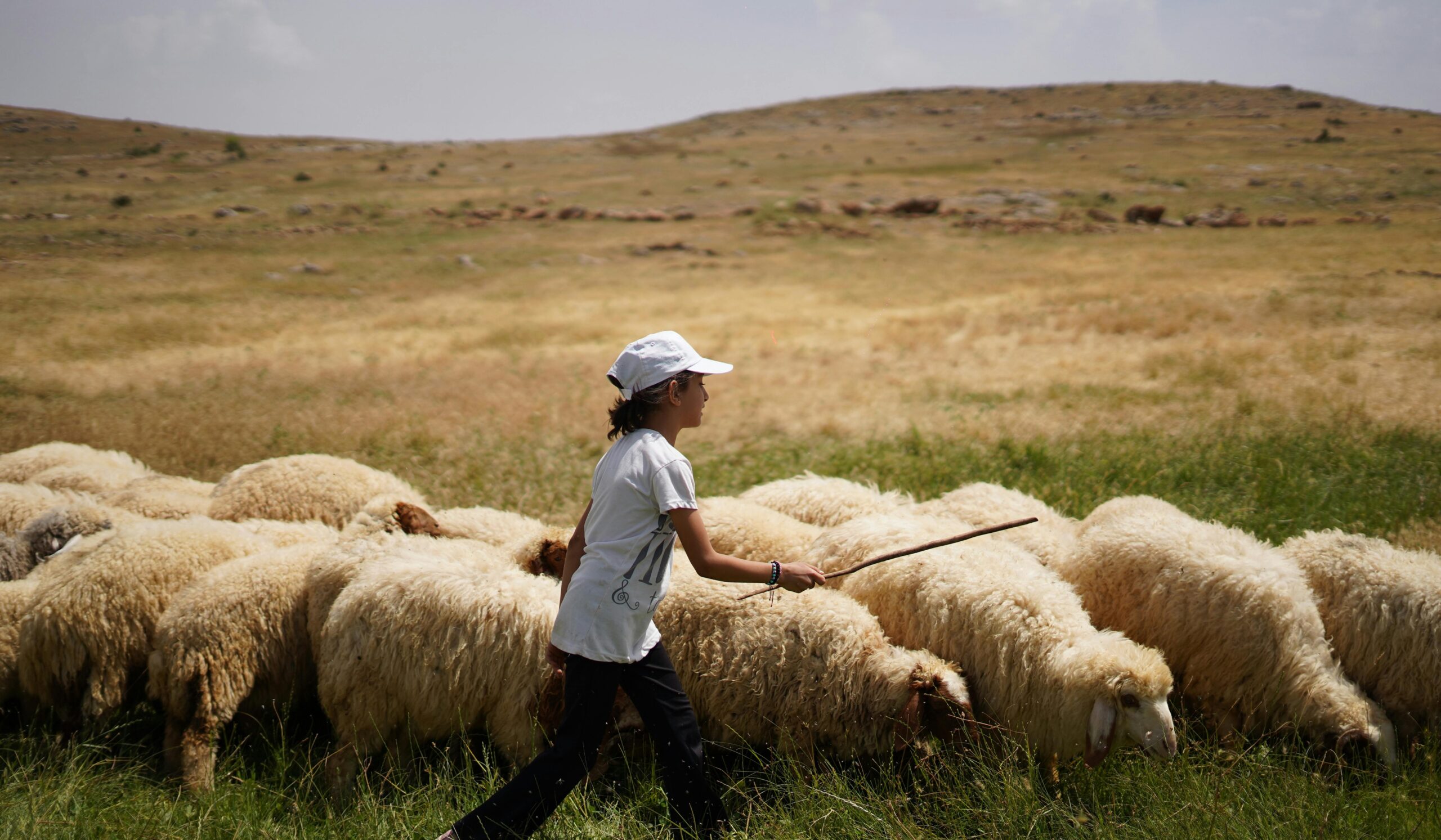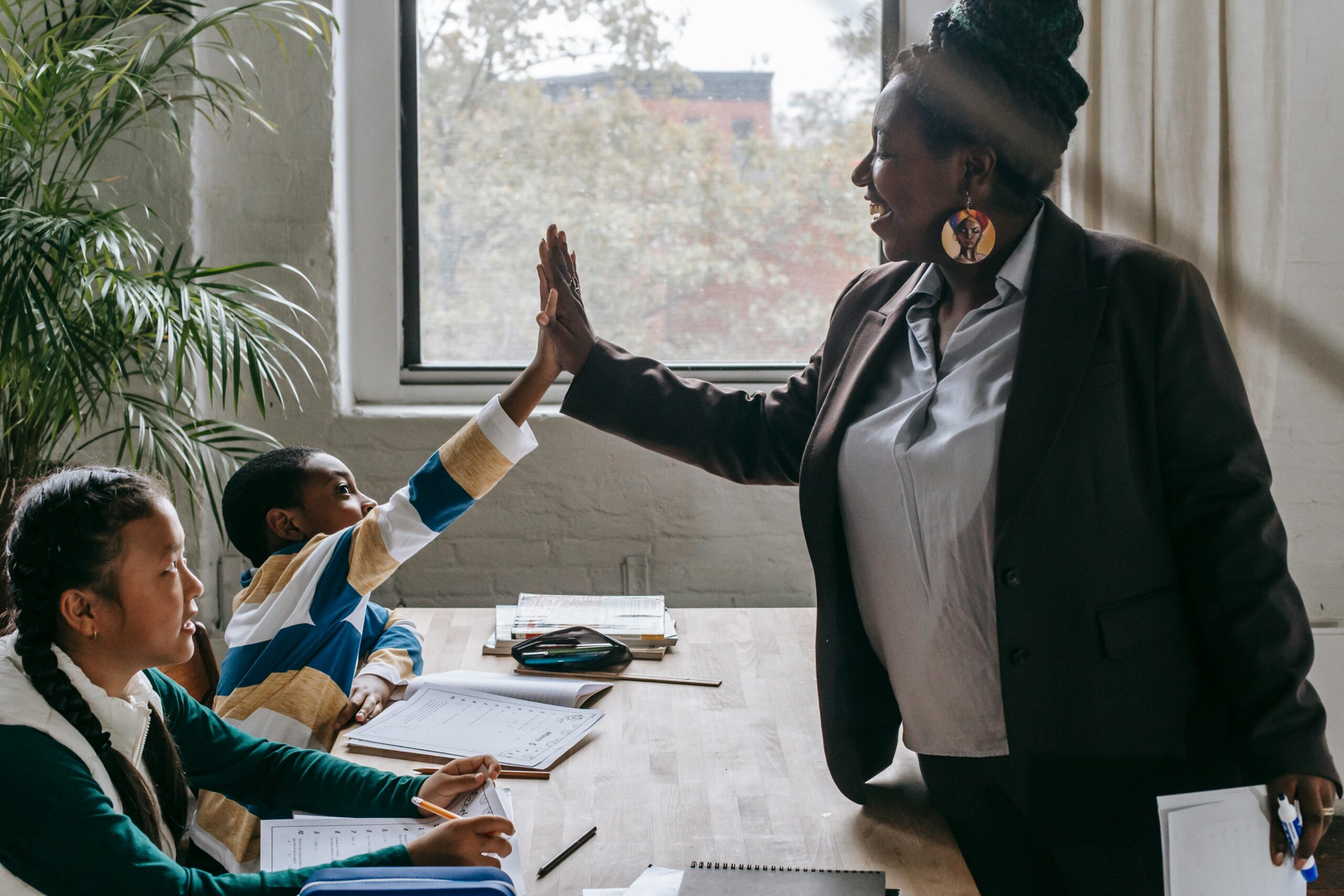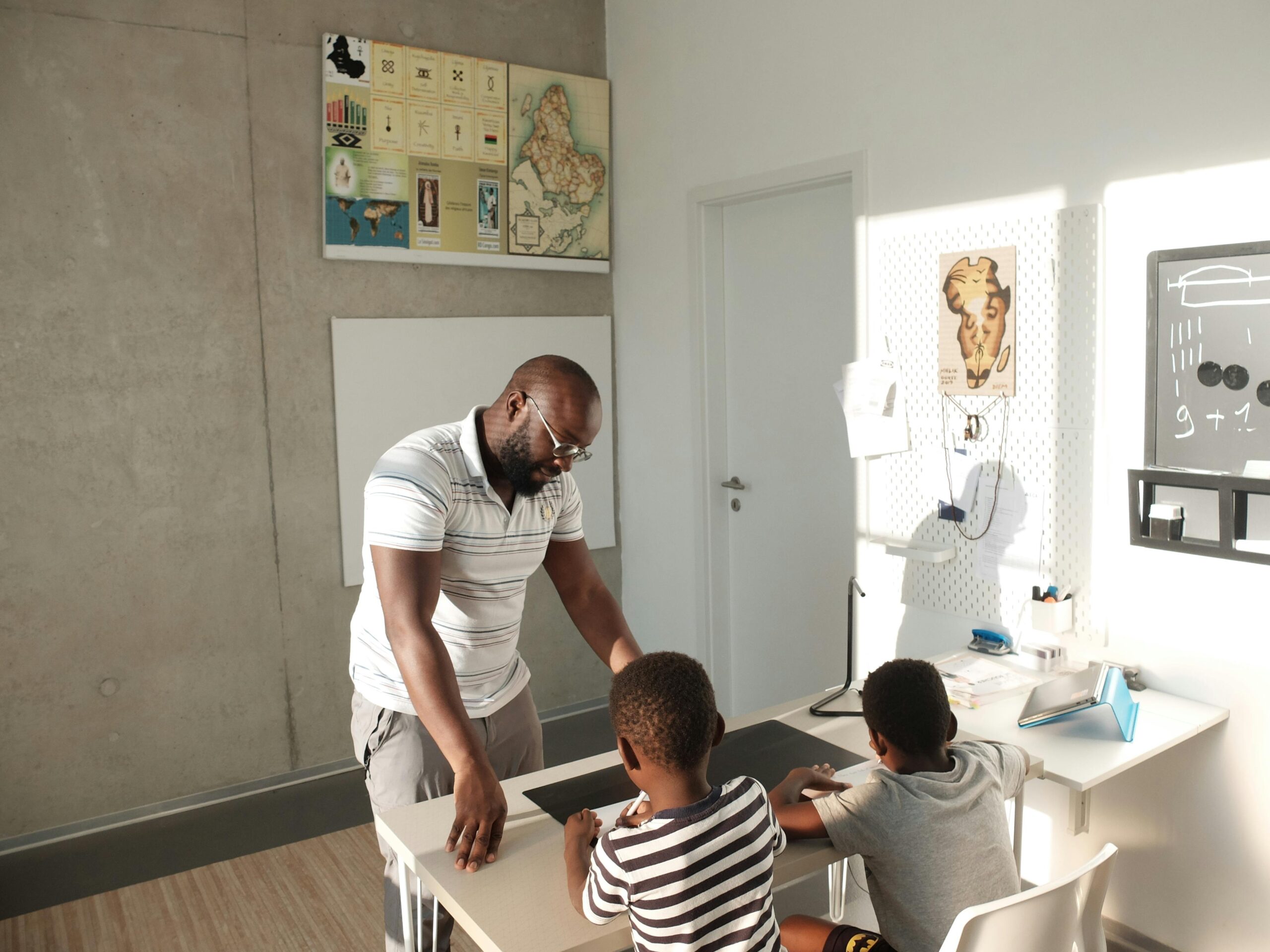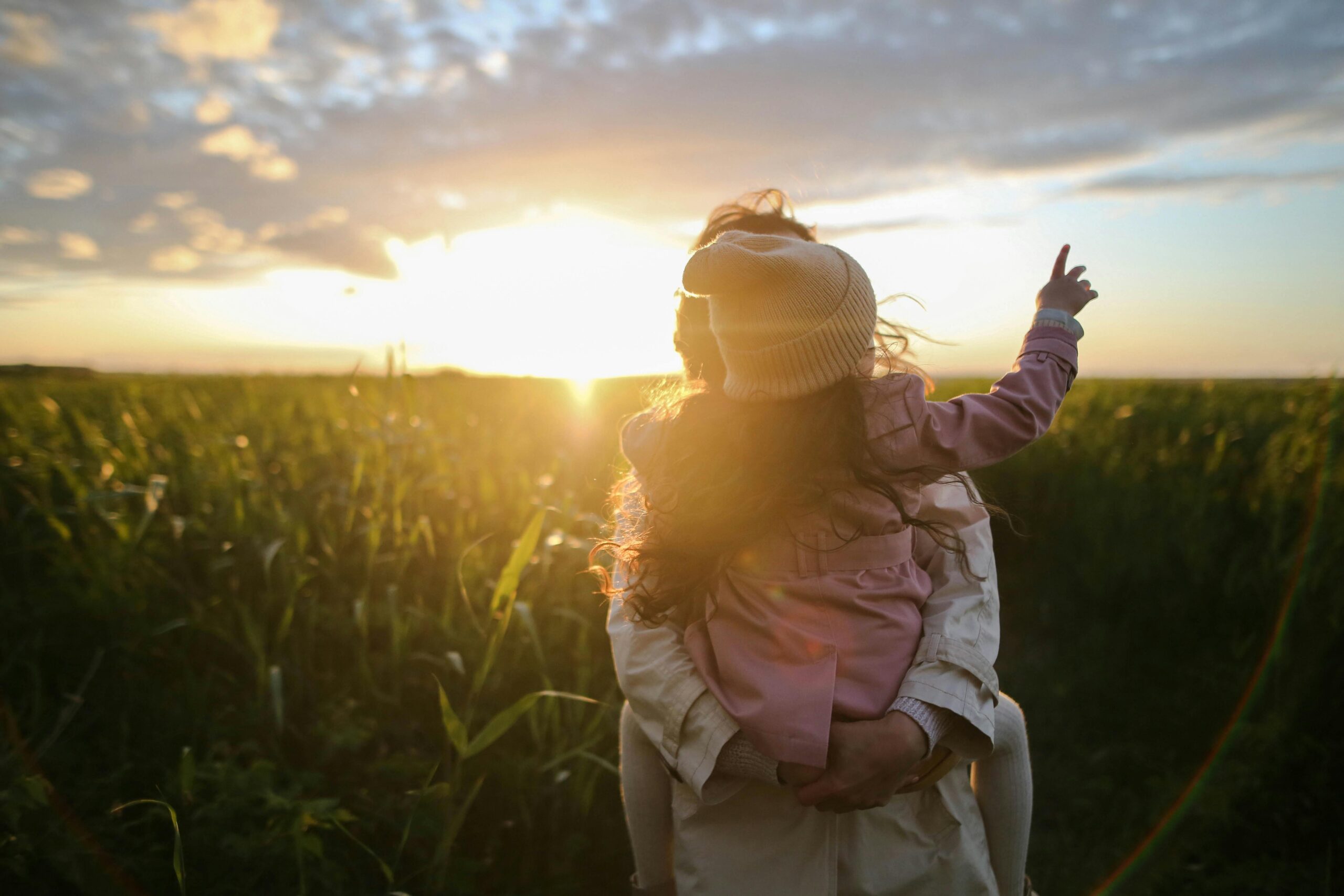
Four Lessons We Can Learn From Kids
By Kara Mallory
My daughter and I have, in many ways, grown up together. Most of my friends were still learning about their passions from textbooks. They took on study abroad semesters, with many still having mom and dad pay most of their bills. I had just turned twenty and was learning from sleepless nights, Sesame Street, play, and caring for someone other than myself. I supported and taught this little one about real life while still figuring out what real life was myself. As I look back over the last 16 years, as much as I have taught her, and now her siblings, they have taught me and continue to teach me so much more.
And guess what? You don’t have to be a parent to learn from kids! I have learned as much from the students I have taught, coached, and mentored as I have from the classes I’ve taken and the adults I’ve interacted with.
Sometimes, when we get busy or only see ourselves as drivers, teachers, or providers, we miss out on what our kids are teaching us. Focusing too much on standards, tests, or their achievements can make us miss the lessons they are showing us. Eventually, this can distract us as leaders, causing us to overlook the daily lessons we can take from children.
Young people are childlike in their wonder, attitude, position, and dependence in their early years. Yet we often are the very opposite. As adult leaders, we slip easily into a self-centered mindset. We tend to strive for positions of advantage instead of seeking a place of service. We often try to be strong and do it all on our own. We act childish — arguing over petty things — rather than being childlike with sincere and humble hearts. As it turns out, there is much we can learn from kids. Let’s look at four of them.
1. Kids are responsive.
Children fearlessly answer questions, even if unsure. They easily befriend strangers, help others, and show confidence in problem-solving. They don’t worry about being watched or liked, but this changes as they reach puberty. Teachers and parents should provide tools and experiences to help kids maintain their confidence. We, as adults, also should put ourselves in positions to continue to grow, see, and recognize others, and grow our own responsiveness.
2. Kids are curious.
Kids eagerly enter each new school year, ready to learn new things. They have a natural curiosity and set goals for themselves. For example, my four-year-old wants to spell his name and put on his jacket. My six-year-old is excited to ride a bike and tie her shoes. My sixteen-year-old is eager to learn to drive. Children approach learning with enthusiasm and curiosity, traits that often fade as we grow older. Kids remind us that we can keep learning and growing if we stay open to the possibilities available to us.
I have also noticed that even as kids are open to learning and growing, they rarely do it alone. Kids learn and grow best with others, like peers, teachers, parents, siblings, coaches, and teammates. Who is helping you grow? Children teach us that learning and growing is possible so long as we have support.
3. Kids are vulnerable.
Have your kids ever proudly shown you their artwork and wanted it front and center on the fridge (even if you weren’t sure what it was exactly)? Children love to share their work and are naturally vulnerable, but once they become teens, they transition to a world full of filters and fake news. Our world encourages teens to operate more privately even when they feel more desperate for something real. They crave authenticity and vulnerability because these traits have become scarce — even for us as adults as well.
Imagine being truly authentic. People would leave, saying, “They are real.” We’d talk not just about successes but also about failures with teachers, students, and parents. Sometimes, our most vulnerable thoughts are what others need to hear most.
4. Kids begin with belief.
For many kids, from their very first Christmas, parents set the stage for them to believe in the magic of the season, in Santa, and even maybe a little elf on the shelf. The same is true of the Easter Bunny and the tooth fairy. It is not until they are a little older that they question their beliefs. They simply begin with a spirit of belief. While I’m not asking you to believe in Santa Claus or the Easter Bunny, I would ask you to answer this question: “What or whom do you believe in?”
Let’s unite as a community, bridging school and home. Let’s believe in each other. I challenge you to build trust in your homes and school. Always see the best in your students and fellow parents. Offer empathy and support. The days may feel long, but the years fly by (for parents and teachers alike).
Kids are responsive, curious, and vulnerable, and they begin with belief. We can weave these lessons together as we think about how we can apply those lessons to our own lives. Rachel Carson says in her book, The Sense of Wonder, “A child’s world is fresh and new and beautiful, full of wonder and excitement.” May our world be transformed by the children around us to be fresh, new, and beautiful, full of wonder and excitement.
How might you be able to apply these lessons to your classroom, your parenting, or your life?

